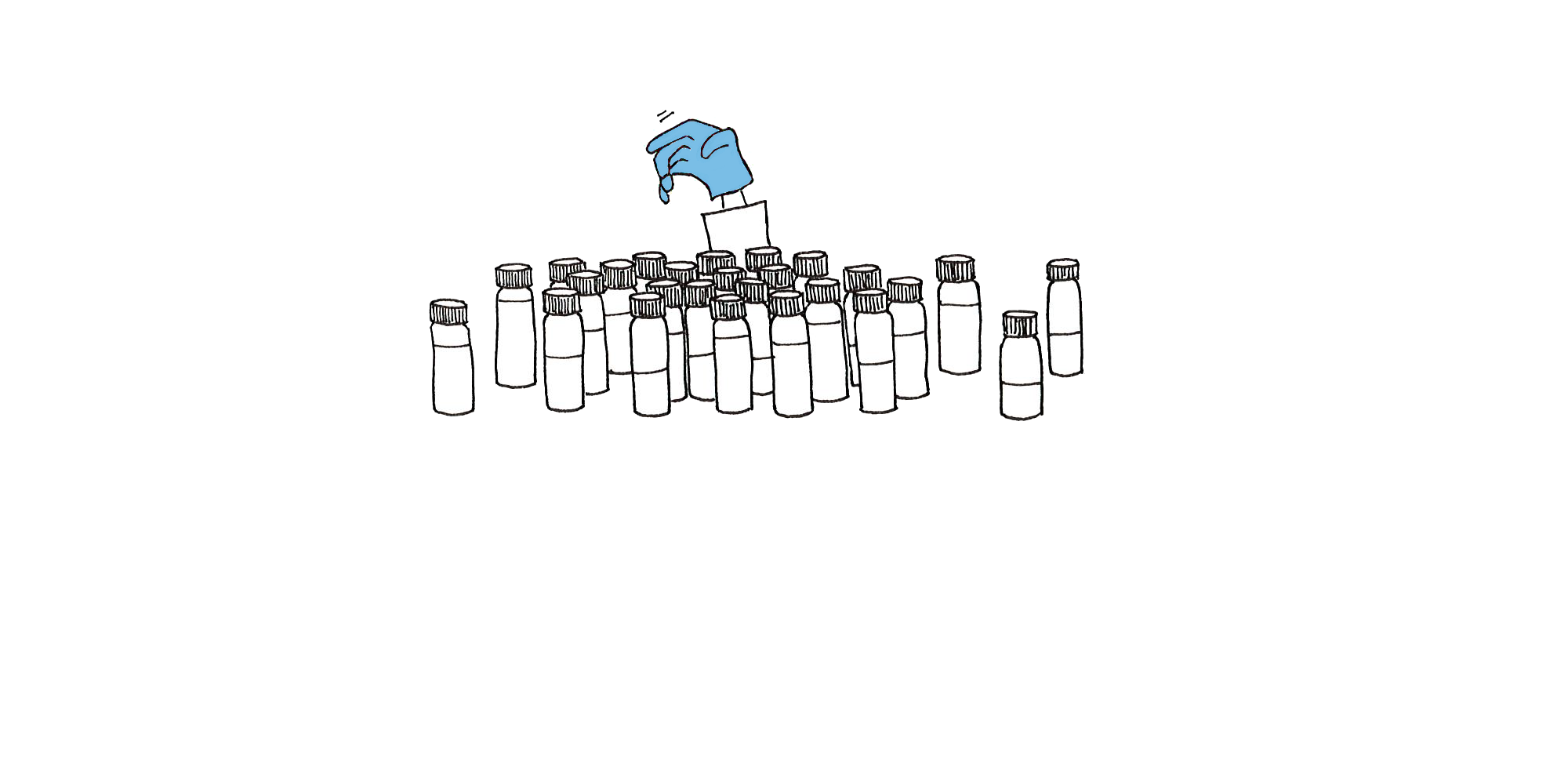They say that there are no stupid questions.
And yet, in classrooms, presentations, and seminars, it’s very typical for to-be questioners to start with “maybe it is a very stupid question, but…”.
Often, once the question is out there to be judged for its “stupidity”, you find out that it was not a stupid question at all. That could be because there really are no stupid questions (or are there? We have probably not phrased every possible question in every language to make this assumption, so let’s just say that most questions are not stupid).
And yet, even though there are probably no stupid questions, we still like to call some questions stupid (or would have others and ourselves believe that). Working in science, where it can be very important to have the correct terminology, I sometimes wonder if it is really the right thing to do.
In my short career as a scientist, I have also come to believe that it’s rare when a question is stupid (probably only the ones that flit through my head). The thing is, we have been judging the quality of questions on wrong parameters. When you are all these scientists, where everyone is quite competent at what they do themselves, and not-so-good at what the others do, and no two people are working on the exact same thing at the same time – it becomes tricky. While some questions can be quite basic for some people, they can be a whole novel perspective from another’s point of view.
So, in reality, there are no stupid questions; only rookie questions, basic ones, newbie’s perspectives, outsider’s outlooks. These are all far, far from stupid.
All “stupid” questions just need to be relabelled.
P.S. The author has nothing personal against the word “stupid”. All views expressed in the post are completely neutral and unbiased.
